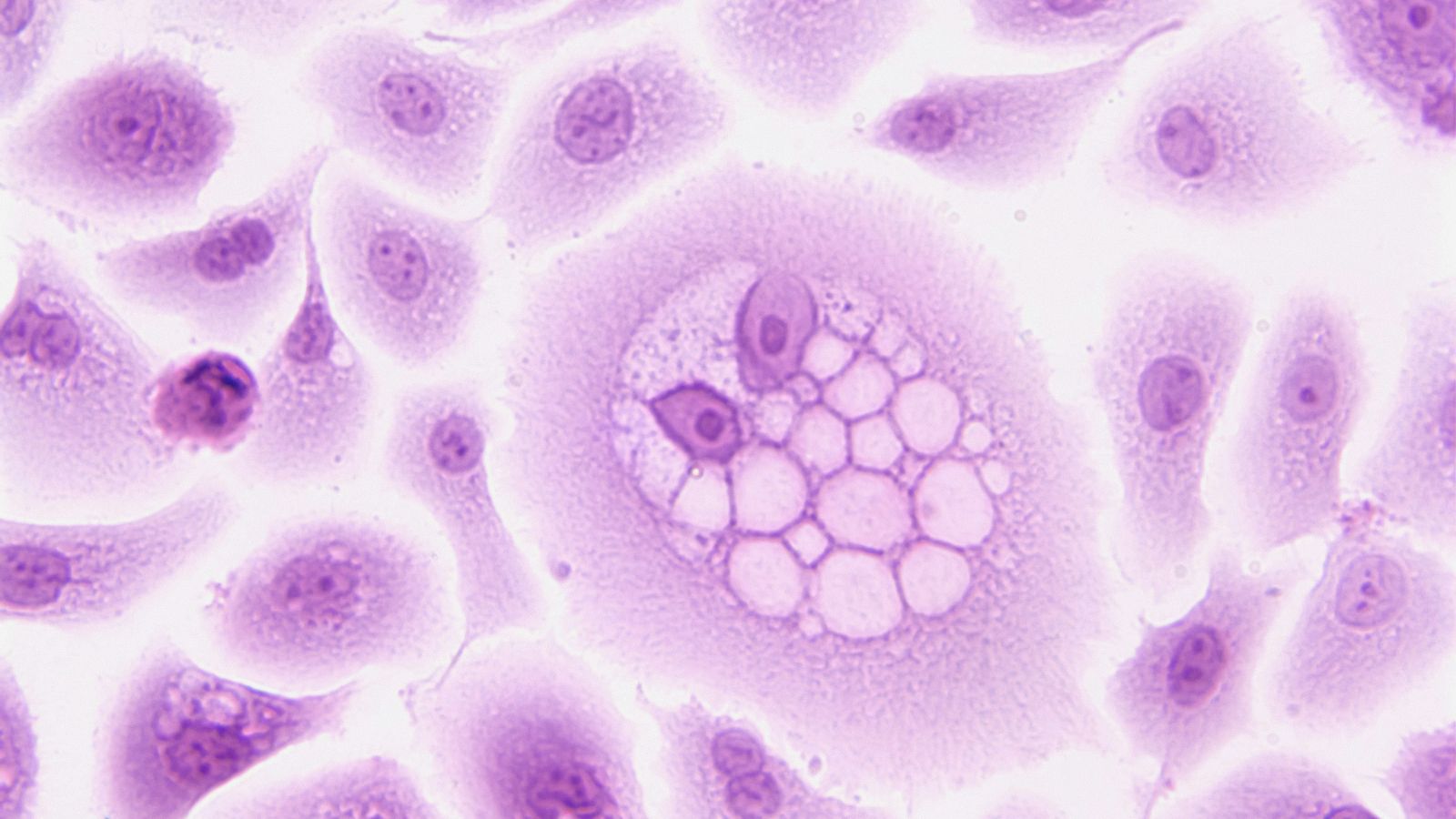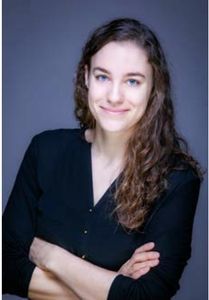
Events / Biological Sciences Events /
- This event has passed.
Characterizing the rapid molecular evolution of meiotic recombination proteins

Hunter College of the City University of New York
Department of Biological Sciences
Spring 2025 Inga Richter Seminar Series

Meret Arter, PhD
MSKCC
Characterizing the rapid molecular evolution of meiotic recombination proteins
Most sexually reproducing species use meiosis to generate gametes. Homologous recombination between maternal and paternal chromosomes is one fundamental step in the meiotic cell division program. A specialized protein machinery ensures that recombination occurs in a coordinated manner to enable the inheritance of an intact, but genetically unique, genome. While the main steps of recombination are widely conserved and essential for fertility, many proteins involved in meiotic recombination diverge rapidly, resulting in poor sequence conservation and substantial structural diversity between species. It is currently unclear how the recombination machinery can be so diverse, yet maintain its essential functionality. To investigate the underlying evolutionary processes, we performed systematic phylogenetic analyses of meiotic recombination proteins in four eukaryotic lineages. We used a codon-based maximum likelihood approach to estimate synonymous and non-synonymous substitution rates. Under the simplifying assumption that synonymous substitutions are invisible to natural selection, a relative enrichment of non-synonymous substitutions can be associated with a reduction in purifying selection. In agreement with poor conservation between distant species, we find that relaxed purifying selection is pervasive across lineages. Positive selection is evident for several key proteins. Most methods currently available are limited by the number of available sequences and rarely allow for a robust distinction between reduced purifying selection or adaptive selection. We used Alphafold protein models to analyze substitution rates for individual residues within their structural context. By including structural and functional knowledge and systematic comparisons of homologs and paralogs we were able to identify many more residues and protein domains that diverge more rapidly than expected. Based on this structure- and function-informed evolutionary analyses, we suggest that evolutionary plasticity is a key characteristic of the meiotic recombination machinery.
- Hunter North Building, Room 926
-
East 68th Street and Lexington Avenue
New York, NY 10065 United States

